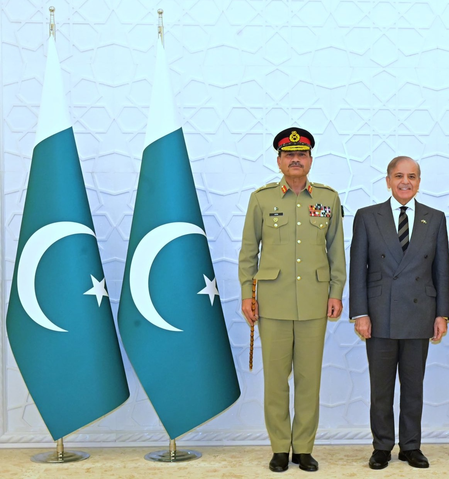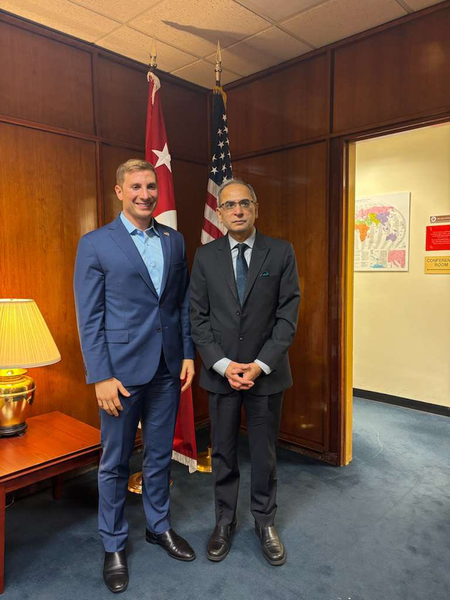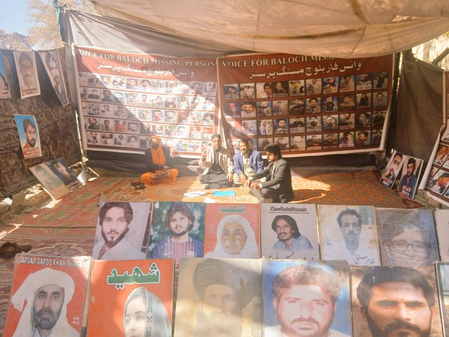
Kampala. Nov 26 (IANS) Pakistan’s internal security policy is faltering under Army chief Asim Munir as militant attacks surge to record levels across the country despite repeated military operations, a report said on Wednesday.
It added that these operational failures are underpinned by a sense of distrust and bias, with Pakistan’s power structure — particularly the military — widely seen as dominated by the ethnic Punjabi majority at the expense of smaller provinces.
According to a report in Uganda’s ‘Daily Monitor’, instead of empowering provincial police and paramilitary units, the army’s dominance has expanded. Each new militant attack, it said, serves to channel more funds and operational authority to the military, rather than investing in police reforms or enhancing the capabilities of the provincial Levies paramilitary forces and Frontier Constabulary (FC) personnel.
“Pakistan’s police and paramilitary units, including the provincial Levies forces and the Frontier Constabulary (FC), are facing a dire situation. While militant violence surges in regions like Balochistan and Khyber Pakhtunkhwa (KP), these local forces remain woefully under-resourced. A glaring budgetary imbalance lies at the heart of the problem. In the 2025-26 budget, Pakistan allocated a massive PKR 2.55 trillion to defence (primarily benefiting the army), a 20 per cent increase from the previous year,” the report detailed.
“By contrast, only PKR 351.7 billion, barely one-seventh of the military’s funding, was allocated for all public order and safety expenditures, which include the federal police and the ‘civil armed forces,’ such as the Rangers and FC. This disparity means police and paramilitary units must operate with limited manpower, equipment, and training,” it added.
Following a series of deadly militant attacks, the report said, Munir himself acknowledged the mounting pressure on local forces. While visiting Khyber Pakhtunkhwa province’s tribal districts, he noted that militants had ‘relentlessly targeted’ the police.
“These losses had grown so severe that distraught police personnel in KP held public protests, demanding better protection and clarity in the fight against terrorism. Munir promised to ‘provide all-out support’ to the police and law enforcement agencies, praising their sacrifices. Yet, despite such vows, local forces remain outmatched, struggling with fewer personnel, basic gear such as bulletproof vests, and insufficient training, while the well-funded army maintains its primacy,” the report mentioned.
It stressed that Pakistan’s current trajectory is alarming and unsustainable, with police and paramilitary forces being depleted in battle faster than they can be reinforced.
“Nearly every day brings news of police or FC personnel dying on the frontlines, leaving behind grieving families in areas already traumatised by violence. Munir and his fellow army Generals have largely doubled down on military operations and combative rhetoric, rather than addressing the root causes of militancy or the capacity gaps of civilian forces,” the report noted.
–IANS
scor/as




